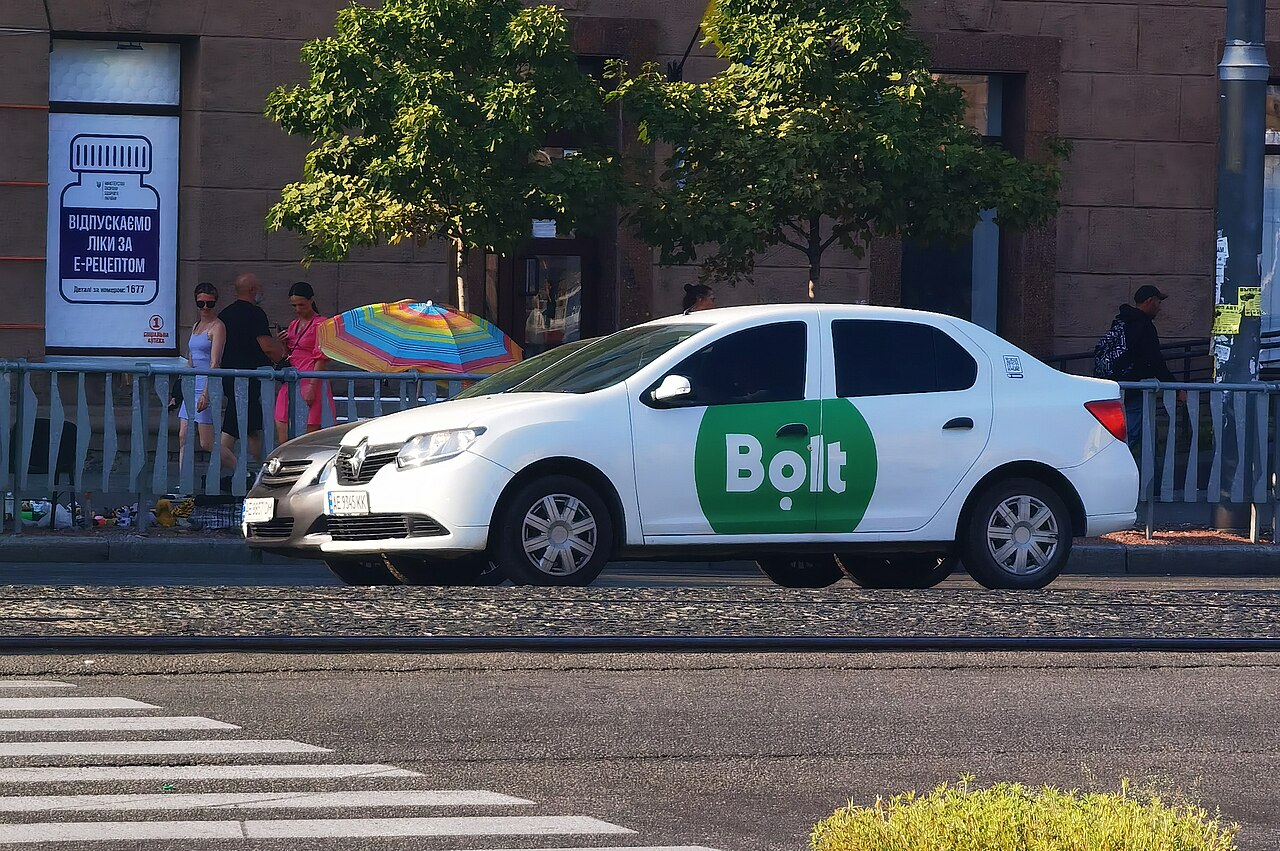Finance Minister Enoch Godongwana finally delivered the much-anticipated 2025 Budget Speech—but only after a dramatic three-week delay. The budget, originally scheduled for 19 February, was postponed due to a political deadlock within the Government of National Unity (GNU).
The big news is a 0.5% VAT increase. The major point of contention in Budget 1.0 was VAT. The Treasury had initially proposed a two-percentage-point VAT increase in one go, but opposition parties—including the DA, EFF, and MK Party—rejected it outright, fearing the impact on struggling South Africans. The ANC was forced back to the drawing board, and after last-minute negotiations, the revised budget was finally tabled on 12 March.
We unpack this VAT increase, our government’s debt, more money being allocated to grants, and why Steenhuisen isn’t agreeing with any of it below.
It begs the question: will this version of the budget pass Parliament?
Read more about the 2025 Budget delays here.
The VAT hike: What’s changing?
How did we get to the increase in Value-Added Tax (VAT) in this budget? Initially, the Treasury proposed a two-percentage-point hike, which was met with fierce opposition from political parties and civil society. In response, the government compromised on a staggered increase:
- VAT (Value-Added Tax) is a tax applied to most goods and services. Right now, it’s 15%.
- VAT will rise by 0.5 percentage points on 1 May 2025, bringing it to 15.5%.
- Another 0.5 percentage point increase is planned for 1 April 2026, taking it to 16%.
This move is expected to generate R13.5 billion in additional tax revenue in 2025/26, R30 billion in 2026/27, and R32 billion in 2027/28. For comparison, the original budget proposal aimed to raise R60 billion in a single year by increasing VAT by two percentage points all at once.
To cushion poorer households from the obvious impact of a higher cost of living, the government is expanding the list of VAT-free (zero-rated) foods, adding:
- Canned vegetables
- Dairy liquid blends
- Organ meats from sheep, poultry and other animals.
Why increase VAT?
But why does the government increase VAT when South Africa has such high unemployment, and VAT affects everyone, including the poor? The government argues that while increasing VAT is not ideal, it is the most effective way to raise revenue.
Treasury considered raising corporate income tax (CIT) – currently at 27% – or personal income tax, but both options were seen as more damaging to economic growth, investment, and job creation—especially in a struggling economy.
- CIT is already high (27%), and further hikes would be damaging to businesses, job creation, and investments.
- Personal income tax increases would discourage work and savings, and previous hikes didn’t bring in as much money as expected because people found ways to avoid them.
- VAT, while affecting everyone, is harder to dodge. Unlike income tax, which affects only employed individuals, VAT ensures that everyone contributes—even those in the informal sector.
The government also ruled out borrowing more money, as South Africa’s high debt levels already put pressure on the budget, and further borrowing could lead to credit rating downgrades and higher interest costs. The budget framework aims to stabilise debt at 76.2% of GDP by the end of March 2026, after which it will begin to decline. SA has been attempting to consolidate debt for more than a decade without success. This requires a primary budget surplus; that is, revenue must exceed expenditure, excluding debt costs. The Treasury says this will be achieved this year at 0.5% and rise to 0.9% next year. While debt service costs are no longer the fastest-growing item on the budget and have been overtaken by infrastructure, debt costs will still consume 22 cents out of every R1 tax collected.
No tax bracket adjustments – so expect ‘fiscal drag’
Bad news for salary earners: there will be no inflationary adjustments to income tax brackets. This means if you get a salary increase that pushes you into a higher tax bracket, you’ll be paying more tax, even if your real purchasing power hasn’t increased. This so-called “fiscal drag” will bring in an extra R18 billion for the government in 2025/26.
Medical tax credits (which help offset the cost of private healthcare) will also not be increased—meaning medical aid will feel more expensive for taxpayers.
What about fuel and sin taxes?
There’s a slight silver lining—no increase in the general fuel levy for the fourth year running, saving consumers R13 billion over three years. However, expect to pay more for alcohol and cigarettes. Excise duties on alcohol are going up by 6.75% and cigarettes and vapes by 4.75%, meaning your favourite indulgences will cost more.
Where is the government spending your money?
With all this additional tax revenue, where is the government putting it?
Grants:
- Social grants will rise above inflation (5.9%) to help the poorest South Africans cope with VAT increases.
- The R370 Social Relief of Distress (SRD) grant is extended until March 2026, with R35.2 billion allocated towards the grant.
- For comparison, the February budget initially allocated R23 billion for social grant increases—but in the revised budget, this was slashed to R8.2 billion.
- The old age and disability grants will increase by R130 to R2 315 in April.
- The Child Support Grant will increase by R30 to R560 per month.
- The foster care grant will increase by R70.
Infrastructure:
- The government has set aside over R1 trillion for infrastructure investment over the next three years.
- Roads: R402 billion
- Energy: R219 billion
- Water and sanitation: R156 billion
The government has trimmed some spending plans to make up for the revenue shortfall from the smaller VAT increase. The total reduction in non-interest government spending over the next three years amounts to R31 billion, which includes:
- A smaller increase in social grants compared to the February budget.
- A reduction in allocations for government departments.
- No additional funding for health to offset cuts to US support for HIV programmes
What now?
The 2025 Budget is far from a done deal, and whether it passes in Parliament depends on political negotiations. The ANC no longer has a parliamentary majority, meaning it needs support from other parties to approve the fiscal framework.
The DA, EFF, and MK Party have all voiced opposition to a VAT increase, with the DA calling for the ANC to make concessions on government spending and corruption reforms.
Good afternoon, South Africa. The DA will not support the budget in its current form. We will continue to fight for economic growth and jobs. 🇿🇦
— John Steenhuisen MP (@jsteenhuisen) March 12, 2025
Responding to questions before the tabling, Godongwana acknowledged that getting the budget through parliament would be a challenging task. “The budget is tabled and I can walk away. Starting on Friday, MPs will begin engaging in the joint finance committees. I imagine political parties will be trying to find each other so that when the first bill – the Division of Revenue – is tabled, there will be consensus on the fiscal framework. The outcome will be a product of negotiation,” he said.
The 2025 budget is a balancing act between raising revenue, stabilising debt, and keeping spending in check. Whether this plan holds depends on how things unfold in Parliament.
Emma is a freshly graduated Journalist from Stellenbosch University, who also holds an Honours in history. She joined the explain team, eager to provide thorough and truthful information and connect with her generation.




